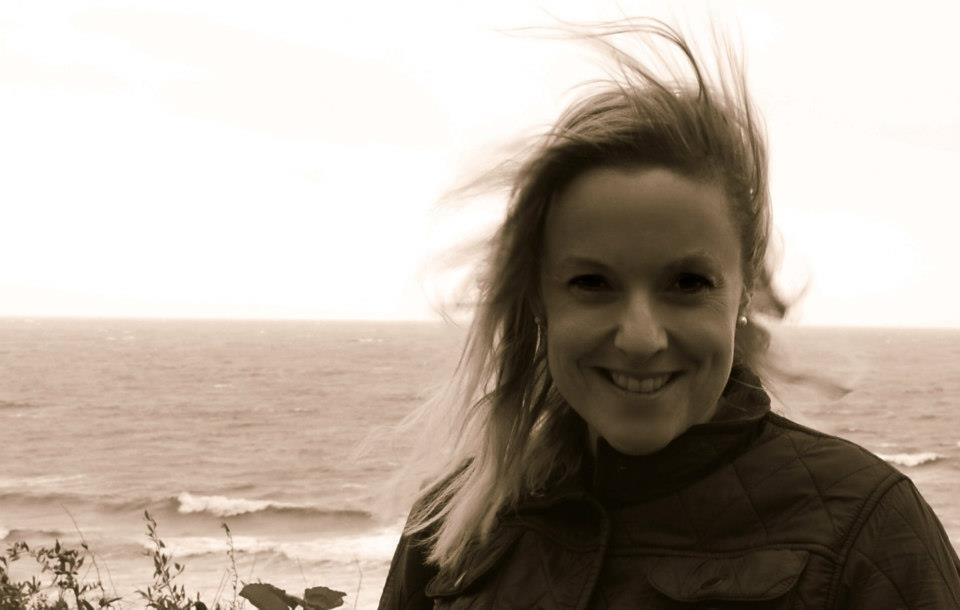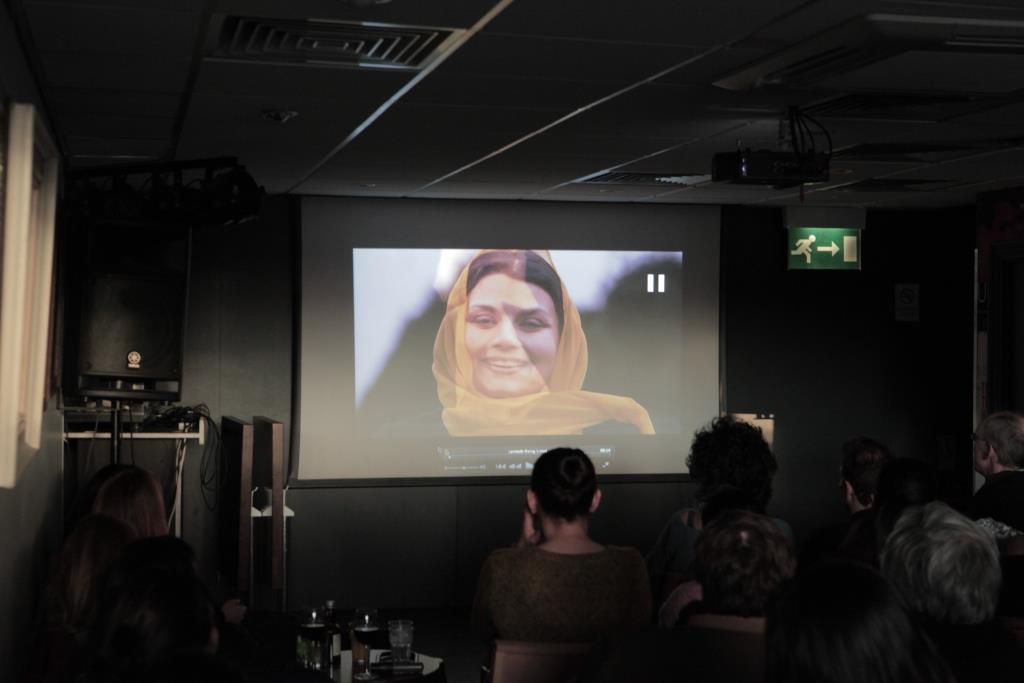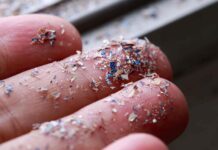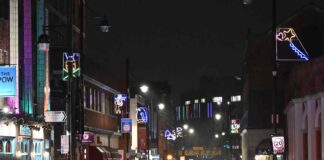
Arts reporter Chris Viner met film director and activist Mary Griffiths Clarke to talk about Lambeth Rising, domestic abuse and initiating cultural change…
Last Thursday, as part of Brixton’s celebrations of International Women’s Day, local film director and political activist Mary Griffiths Clarke screened her Lambeth Rising films at Brixton Library. The short films, entitled, Olivia, Malala and Sarah, created to raise awareness of domestic abuse in Lambeth. Extremely emotional explorations of what it means to be the victim of domestic abuse, the films tell the stories of three women of varying backgrounds, races and identity but all three films share the common goal of “giving a voice to those that do not have one”.
The screening was followed by a stimulating discussion with the director, in which participants could openly talk about their own experiences of inappropriate behaviour, as well as discuss what we can do to prevent the narratives of the films repeating themselves. I had a chance to talk to Mary about the One Billion Rising campaign, her films, and what we can all do to make substantial and sustainable change to public attitude towards women and domestic violence.
The three films use experimental techniques, speeding up and slowing down frames to express the velocity of anxiety and the relief of apparent safety—all the time focusing on one individual narrative of domestic violence. “Individual empowerment” is something Mary tells me she is determined to remind people of—”we can all do our own bit to promote positive behaviour.”
In terms of promoting a positive change in attitude and supporting victims of abuse, “doing it yourself” is the inspirational attitude Mary embodies, “because if we wait in this climate for it to be done for us, we are going to be waiting for ever.”

Mary initially got involved in the One Billion Rising campaign, a global movement which speaks out against violence and abuse against women and girls, because she was shocked at the acceptance and misconception of domestic violence. “I spoke to some people who said, ‘well it’s normal isn’t it?’; and I thought, where are we getting to when pretty much everyone you know has been affected by domestic violence in one shape or another, whether it be their mother who was hit by their father, or whether they’ve had an experience themselves.”
Mary went on to tell me that, “people don’t understand the five key aspects of domestic violence and what those include—they think its just physical violence, they don’t think it’s financial or emotional.” She told me the five strands of domestic violence are “emotional, physical, financial, sexual and psychological.” Raising awareness of these five strands is key to Mary’s work and the One Billion Rising Campaign where spotting signs of an abusive relationship early on is key: ” if there’s a general awareness before hand then people can then make choices”.
As a director Mary strives to use her films to “make people think in an emotive way” and the charged post-screening discussion at Brixton Library went some way to proving she has succeeded. The discussion focused on two problems: firstly, that people don’t seem to be able to spot domestic violence early enough, before it escalates into enslavement from which it seems almost impossible to be emancipated; and secondly, that people do not seem to understand the brevity of the term ‘domestic violence’, or, ‘abuse’.
A believer in the power of the individual to act as a catalyst for widespread change in society, Mary is someone battling to raise awareness and understanding of domestic abuse, and to use her cinematic creativity to do so. Determined to fight, tooth and nail, against government funding cuts for crucial social and support services, she believes that everyone should take responsibility for changing behaviour in any way they can:
It starts now… if we all take our own little bit of responsibility then within our own networks we can reach out much more effectively… the power of personal opinion has never been stronger.
You can watch Mary’s films here














